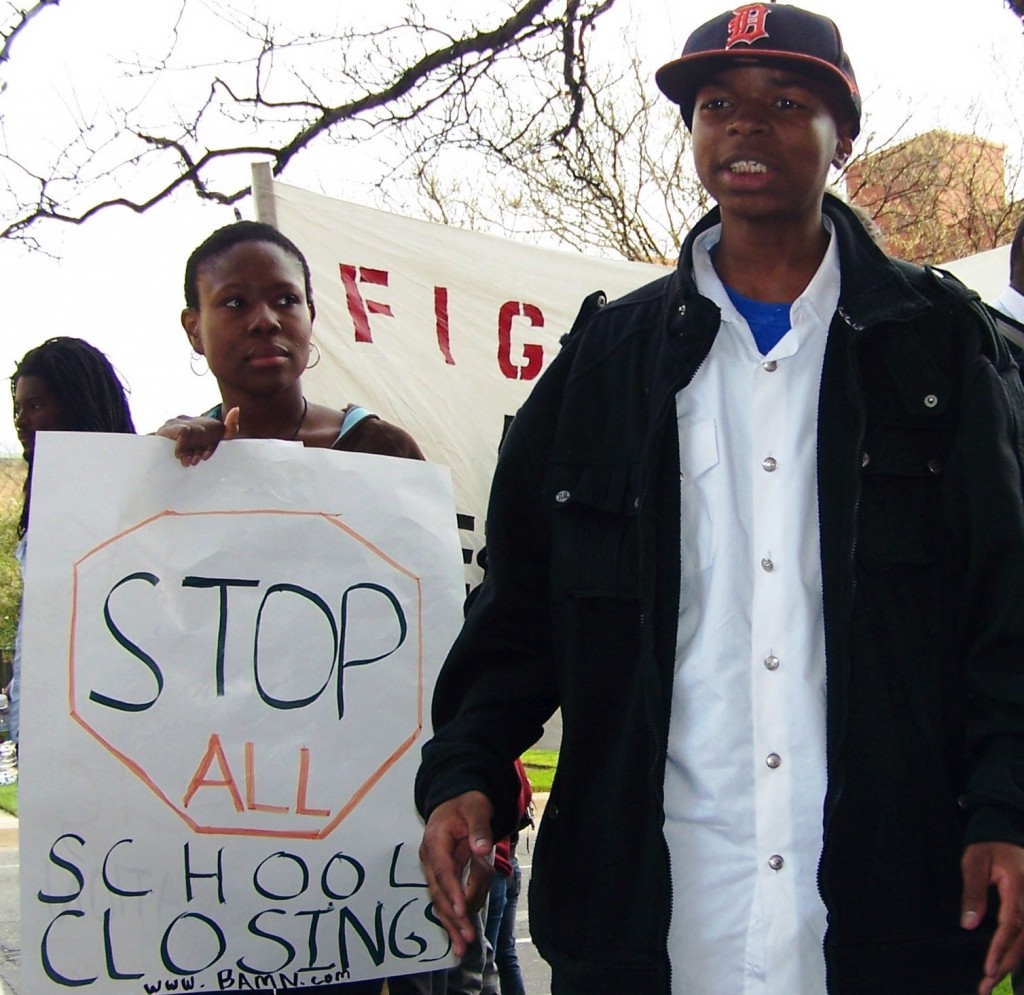Alberto Ampuero* Havana. June 2, 2011
GRANMA ONLINE
If you had to express the greatness of the United States in one word, that word would be “education,” according to Paul Krugman, the 2008 Nobel Laureate in Economics.
But that was earlier, when the development of education primarily signified the development of public education, and the U.S. was seen as the great land where higher education was available to the general population. Today, this image of the country has collapsed, says Krugman.
The United States currently has problems of all sizes, shapes and colors. One of the most serious is the crisis of the public education system. The low scores of academic performance and the failure of standardized tests on the part of tens of thousands of students from poor and marginalized communities combine with constant budget cuts and the trends toward privatization of the public education sector.
Add to all this a fundamental problem: Public education has undergone a qualitative shift in its operation and objectives. Education is no longer seen as a right; it has become a business opportunity. Teachers have become employees who pursue the “success” of their “clients” — the students — and the role of education authorities is in the process of being reduced to mere administrative functions at best.
In his speeches, Joel Klein, former chancellor of the New York City Department of Education, has repeated that “the secret ingredient of America’s success is its entrepreneurial spirit,”* and that this was the objective of education.
Klein and about a dozen other municipal education leaders reiterated this vision last October in a joint opinion piece in the Washington Post, where they asserted that “the transformative changes needed to truly prepare our kids for the 21st-century global economy simply will not happen unless we first shed some of the entrenched practices that have held back our education system, practices that have long favored adults, not children.”
This approach to promote the reform of the education system forms a part of a national debate in which the “reformers” in power have declared that the public education system is a failure. They declare that more than any other factor, the main obstacle to student success “is the quality of their teachers,” and they propose applying business rules that above all assess teacher effectiveness.
There is a second line of attack, in which the Bill and Melinda Gates Foundation is actively participating, which attacks public schools as ineffective, without taking into account the meager resources with which they operate, and accuses teachers’ unions of refusing to accept the dismissal of less qualified teachers. Its alternative is charter schools, which are public schools that are administered by private groups and presented by the Obama administration as key to the salvation of public education.
As part of its Race to the Top program, the government is incentivizing states to raise their limits on the number of charter schools in exchange for federal funds.
Furthermore, the current administration seeks to replace roughly 5,000 poorly performing traditional schools with charter schools. The government has made the juicy sum of $3.5 billion available to the states to subsidize the “change” of these poorly performing schools. The more poorly performing schools that close, the more money the states receive.
But as Diane Ravitch points out, charter schools are “a force for privatization” of public education. Ravitch is a professor at New York University and former Assistant Secretary of Education, and one of the most influential national figures in the debate.
This type of school, financed with public funds, does not need to operate under the same rules as other public schools. It usually selects its students instead of accepting everyone, which allows it to deliver better results. Its teachers are not necessarily unionized; therefore, they lack labor rights. And it can accept private investment, which allows it to establish other regulations.
But something odd happened on the road to “success.” According to a broad investigation carried out by experts at Stanford University, only 17 percent of charter schools were better than traditional public schools, according to standardized test results. 37 percent were worse in comparison, and 46 percent were virtually identical.
Professor Ravitch argues that the great debate surrounding education is now between those who “believe that public education is not only a fundamental right but a vital public service, […] and those who believe that the private sector is always superior to the public sector.”
(Taken from ARGENPRESS, edited by S. Carter, translated by J. Rudolf)
* Los Angeles based journalist







Pingback: STUDENT PORTAL » Public Schools united states » STUDENT PORTAL
Pingback: Public Schools united states | | SCHOOL PORTALSCHOOL PORTAL